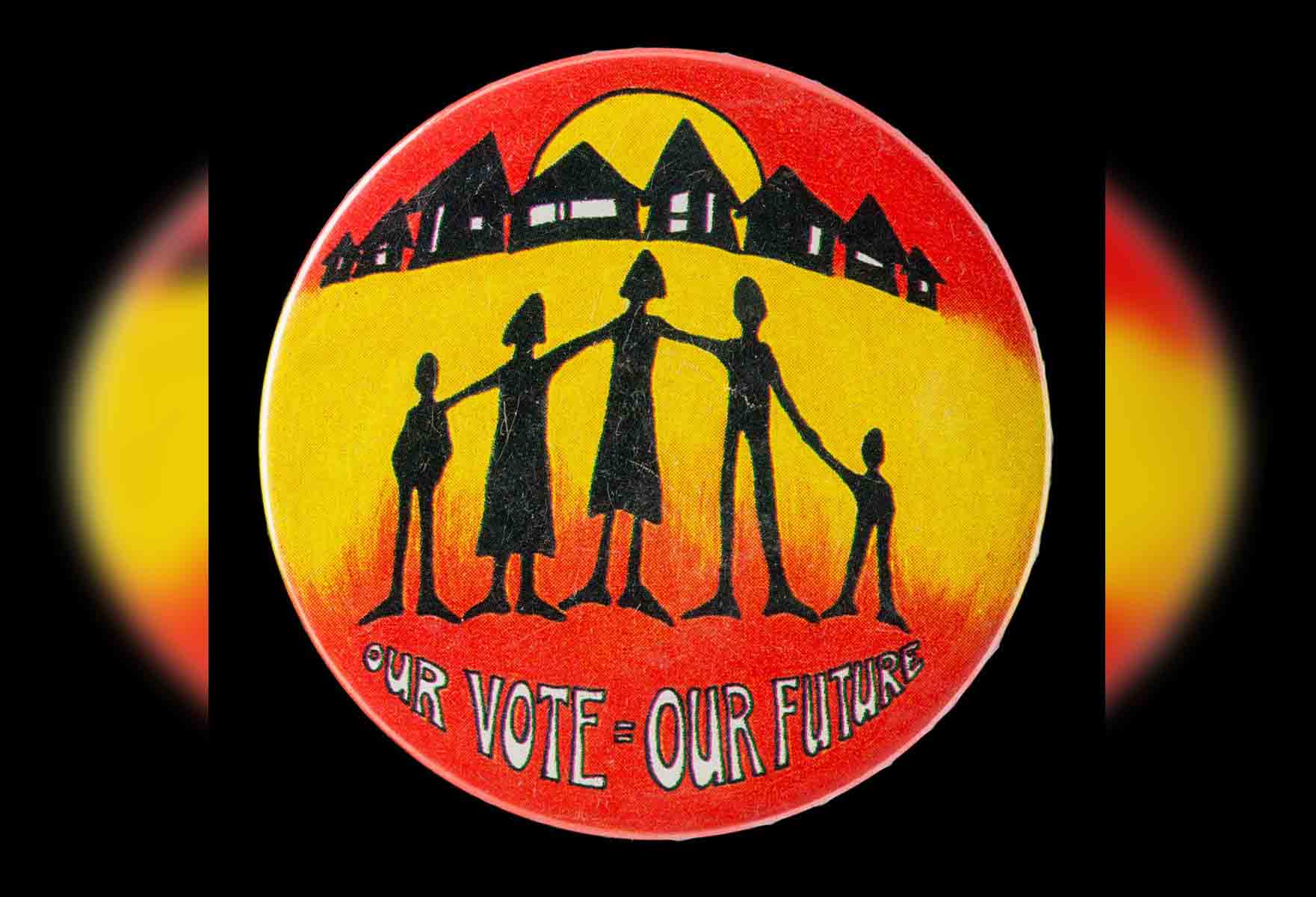In multi-ethnic, multi-religion Manipur, nobody will doubt why the need to have citizenship and their administration defined and characterised on civic terms is vital. As in the history of the emergence of the notion of secularism, which in the ultimate analysis came to mean separating religion from politics, or in the classical European idiom, separating the Church from the State, secularism and civic citizenship in places like Manipur, should be about relegating not just religion, but also ethnicity, into the private spheres and disallowing it to colour or overtly influence the pursuit of public policies.
Sadly however, the reality on the ground so far has been directly the opposite. Every community has been hankering for the creation of their exclusive enclaves in which all others are aliens and therefore have little or no rights. True, democracy should not be just about numbers, or of trusting in the ultimate justice the free-market economy or the laissez-faire, and instead it should also be about guaranteeing a lift for the lame and slow. While the latter is important, it must be added the latter noble approach should also come with a counter guarantee that policies of positive discrimination do not result in social segregation.
Consequently, there must also be a civic definition of who is weak and slow and who is not. For indeed, these are dynamic, and therefore perennially changing equations, where it is not impossible for those who were once lame and slow to become fast and fit, or even faster and fitter than those who were once ahead of them and against whom they were given a head start in life’s eternal march.
This civic definition should also be designed to ensure social mobility and entitlements remain as per the dictum of “to each according to his need, and from each according to his ability”. It should not matter this slogan originally belonged to the Communists. Let it be recalled that even the famous outlaw Robinhood’s maxim of robbing the rich to feed the poor in mediaeval England, has today been adopted by modern democratic states to sublimate and made to mean “tax the rich to subsidise the poor”.
To ensure a civic definition of a democratic polity, ethnicities must be made to remain as private convictions, just as religion is, and not let it at any time become the fuel, much less engine, of public administration or politics. Politics and public administration must ensure these different private convictions are not unfairly hurt but politics itself must remain above them.
One example will illustrate. Politics has been rightly described as a contest first and foremost of the handles of state power. Democracy refines this exercise by offering an effective, though not fool-proof civic mechanism for all sections of the citizenry to share this power. Ordinary adult citizens are hence given equal power of a vote each to elect their representatives. This franchise right equates everybody, men and women, rich and poor, regardless of religious or ethnic affiliations.
However, in societies which have not internalised the values of liberalism, ethnicities and religions tend to cluster and form vote banks, defeating the one man one vote principle in spirit, if not in letter. The world has seen how even established nations can splinter on account of this. The former Yugoslavia is just an example. India, and on a smaller canvas, and more intensely too, Manipur are not alien to such dangerous frictions.
This is why a fresh civic agenda to define politics and power sharing is vital. This civic agenda should not be about homogenising by flattening out all ethnicities and their uniqueness. It should be on the other hand about ensuring a creative balance in which ethnicities remain intact and each gets their share of power but none gets to colour or monopolise state power.
Towards this end, one of democracy’s features could be to encourage to the extent possible, mixed constituencies. This will ensure that even if very small ethnicities cannot have leaders from among them elected to the democratic legislative bodies (at least until such a time liberalism becomes everybody’s intuition), the leader from whichever community they elect cannot ignore them without cost.
As for instance, a legislator from Wangkhei Constituency in Imphal East cannot slight the Nagas from Nagaram, or a legislator from Thangmeiband or Uripok cannot ignore the Bazar community etc. This obviously cannot happen overnight, but ideally, in the decades ahead, most or all constituencies in the state should have this characteristic to the extent possible, though only to the extent it does not begin to threaten the sense of security of any particular community.












